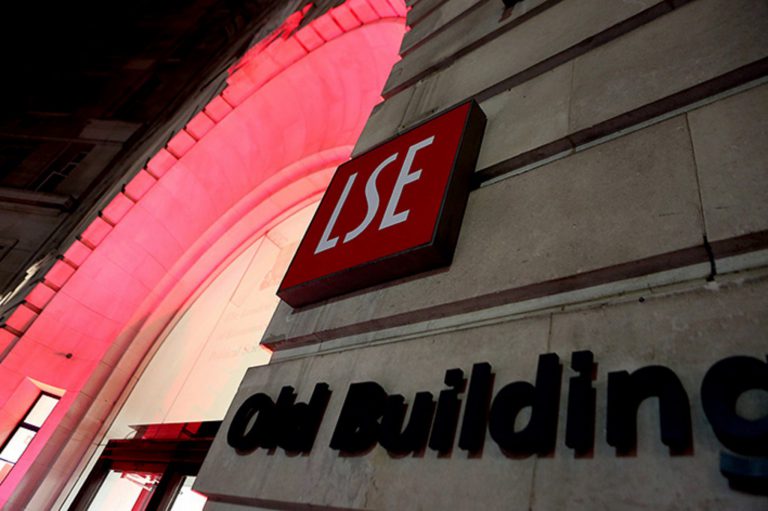
The latest league table from The Complete University Guide has found that British universities that are considered the most challenging to gain admission to tend to rank lower in terms of student satisfaction, proving that reputation is not everything in the world of higher education.
The ranking body used data provided by the Higher Education Statistics Agency (HESA), the official agency for the collection, analysis and distribution of quantitative information regarding UK universities. HESA provided data for entry standards, student-staff ratios, spending on academic services, facilities spending, good honours degrees, graduate prospects, completion and international student enrolments.
To calculate the universities’ entry standards, the body had to calculate the average UCAS tariff score of all new undergraduate students, which involved converting exam results into a numerical score so they could be added to give a total score. This then served as an indication to which were the hardest universities to get into.
Via The Independent.
The University of Cambridge was ranked as the most difficult UK university to gain admission to with an average entry standard score of 601. Cambridge’s arch-rival, the University of Oxford, came second with an average entry standard score of 571. The London School of Economics was ranked in third position with a score of 532; followed by the Imperial College London with 532; and Durham University came fifth with 521.
The Imperial College London is the only top five institution that ranked higher than last year, jumping from sixth position into fourth, and demonstrating that entry requirements for this year’s student cohort were much more demanding than those of 2015.
What the study did find, however, was that the universities that ranked among the UK’s hardest to get into generally ranked lower in terms of student satisfaction.
These are the 20 hardest British universities to get into https://t.co/JfJgI06CkC @cvblakeley No 9! Not too bad then!?!
— Simon Blakeley (@BlakeleyLegal) December 11, 2015
For example, despite ranking third on the list, the London School of Economics was placed in the bottom 20 in terms of student satisfaction, earning a score of just 3.95 out of five. Even the University of East London, which came third to last on the list in 125th position, achieved a student satisfaction score of 4.06.
The University College London is in a similar position, claiming 13th position on the table with the seventh highest entry standard score of 500, but its rate of student satisfaction is particularly low with a score of just 3.96 out of five. Data for student satisfaction was drawn from the results of the 2014 National Student Survey.
Admissions professionals argue that there’s a ‘halo’ effect on career prospects that prestigious institutions, such as those belonging to the Russell Group, are said to possess. These professionals tend to agree that when it comes to getting a job, employers are much more likely to consider the candidate’s academic achievement, life experience and interview technique than the reputation of their university.
Russell Group universities provide an outstanding education andmake huge efforts to improve access #HEgreenpaper https://t.co/NVcZhTcvR5
— Russell Group (@RussellGroup) November 6, 2015
In addition to this, it has been shown that institutional prestige does not guarantee higher rates of employability. For example, according to HESA, Aston University (which came 32nd in this year’s league table) has consistently ranked higher than the University of Oxford in terms of employability.
“The assumption that Russell Group Universities have the best experience and outcomes for students really isn’t borne out by the evidence,” Etta Parkes, Director of Student Employability at Aston University recently told The Student Room. “Not only do many of us out-perform them in tables like the NSS, but we also deliver in many other areas.
“Aston out-performs the likes of Cambridge and Oxford for partnerships with employers. Our relationships with business and industry, and our placement year, make us a very different proposition to a Russell Group institution.”
Click here to read The Complete University Guide’s 2016 Rankings in full.
Image via Flickr.
Liked this? Then you’ll love these…
16 Countries Enter the BRICS Rankings for the First Time Ever
World University Rankings for Engineering and Technology 2015-2016 Announced







